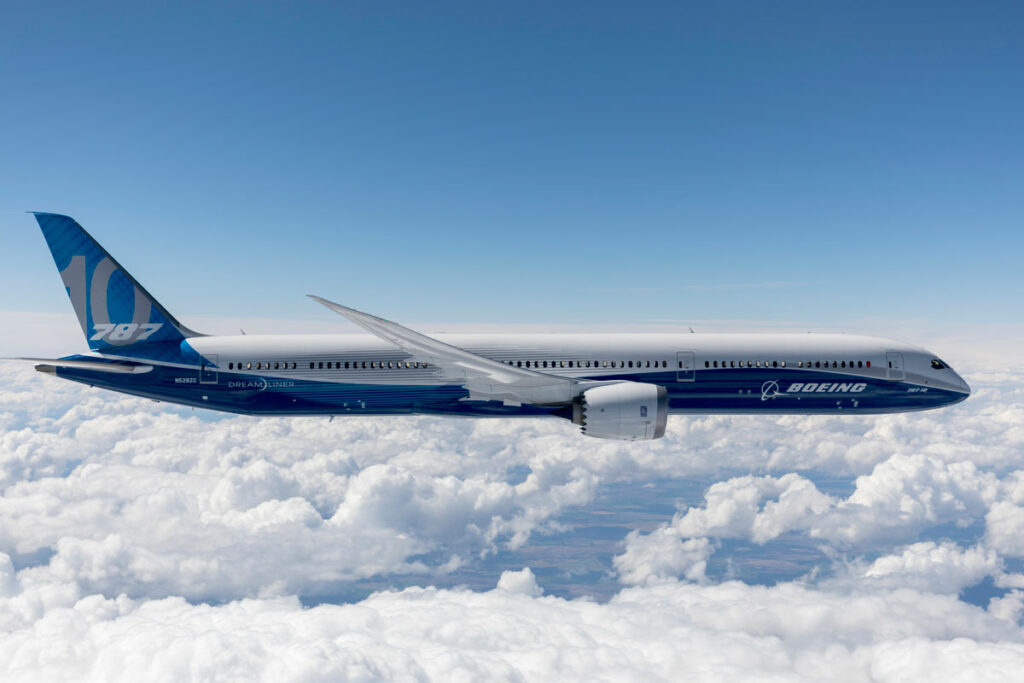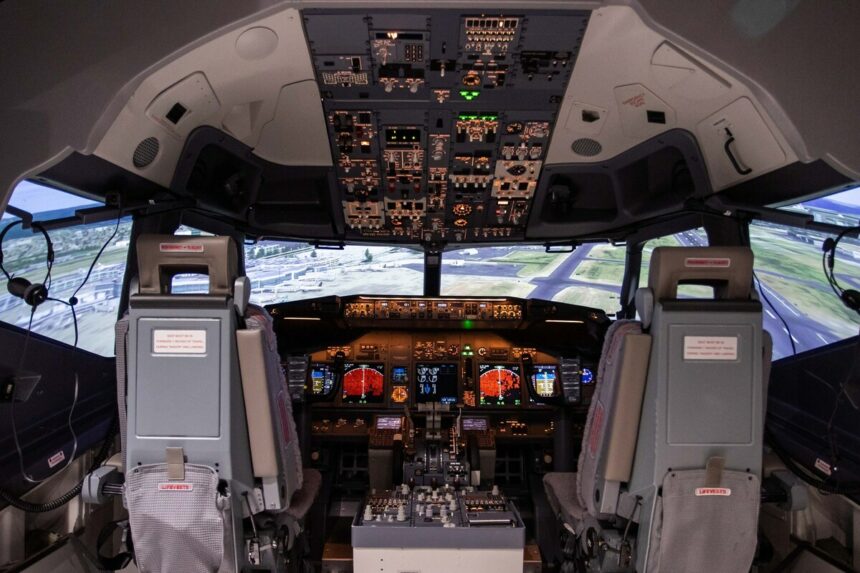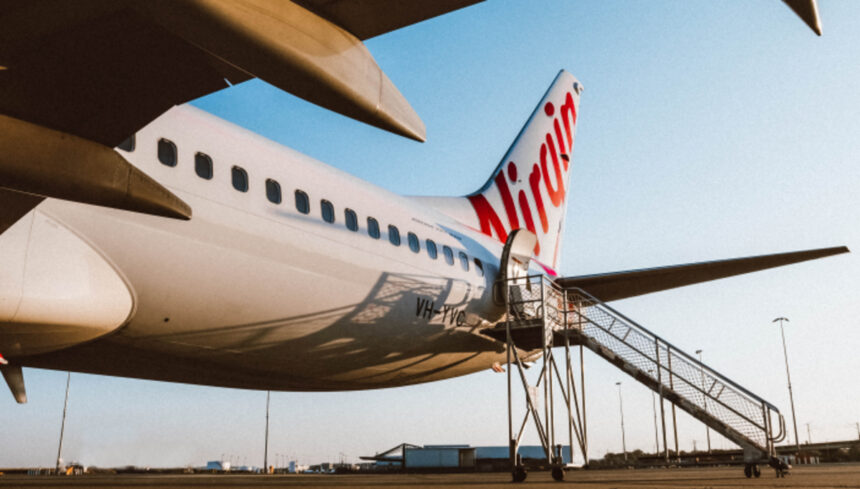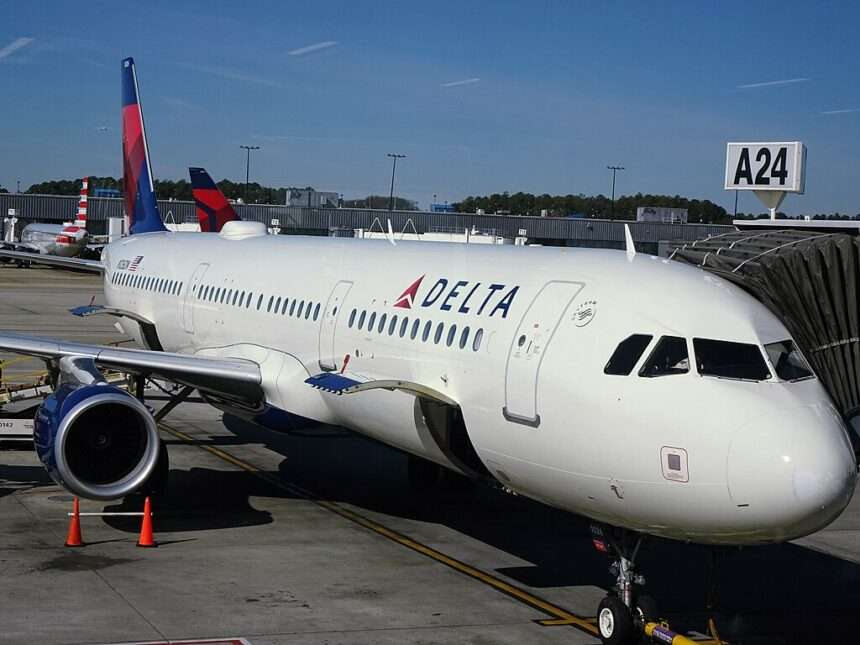Aircraft manufacturer Boeing has released its 2023 Sustainability Report, outlining its roadmap for advancing sustainable practices in the aerospace industry.
Boeing has significantly increased its utilization of renewable energy in its factories and acquired a larger quantity of sustainable aviation fuel (SAF) for its commercial operations
The manufacturing giant notably continues to make substantial investments in aerospace technologies aimed at reducing fuel consumption, emissions, and noise levels.
These achievements have been outlined in Boeing’s recently published 2023 Sustainability Report, which presents the company’s vision and roadmap towards a sustainable future in the aerospace industry.
‘Sustainable Aerospace Together’
Entitled “Sustainable Aerospace Together,” this report serves as an annual update on the company’s endeavors to advance environmental stewardship, promote human development and inclusivity.
In addition to sustainable operations and clean technology innovation, the report addresses Boeing’s sustainability goals related to employee safety and well-being, global aerospace safety, community engagement, as well as equity, diversity, and inclusion.
[monsterinsights_popular_posts_inline]
Chris Raymond, Boeing’s Chief Sustainability Officer, expressed the company’s commitment to forging ahead on its journey towards a more sustainable future in the aerospace industry, saying,
“Boeing continues to invest and make progress on our path to achieving a more sustainable aerospace future.”
“As we embark on a new era of sustainable aerospace, we are dedicated to documenting our progress and outlining our future plans with transparency, enabling the entire industry to advance together.”
Boeing key accomplishments
Boeing’s sustainability accomplishments highlighted in this year’s report include:
Introduction and public launch of the Boeing Cascade Climate Impact Model, a data-modeling tool that quantifies strategies to mitigate aviation emissions.
Selection by NASA to develop and conduct flight tests on a full-scale Transonic Truss-Braced Wing Sustainable Flight Demonstrator aircraft.
Commemoration of the 10th anniversary of the Boeing ecoDemonstrator program, which has evaluated approximately 230 technologies aimed at reducing fuel consumption, emissions, and noise levels.
The 2022 program conducted tests on 30 new technologies on Boeing’s 777-200 test bed, contributing to the decarbonization of aviation.
Procurement of 2 million gallons (7.6 million liters) of sustainable aviation fuel (SAF) for Boeing’s commercial airplane operations.
Achievement of 35% renewable electricity consumption across the company in 2022 through the purchase of renewable electricity and renewable energy credits. This represents a notable increase from the 21% achieved in 2021.
Implementation of a voluntary industry-wide approach to supplier sustainability assessments, established by the IAEG and executed by EcoVadis.
Developing ‘next generation’ aircraft
Major aircraft manufacturers are typically addressing sustainability with their new commercial airliners in a number of ways, including:
Using lighter materials. Newer aircraft are increasingly using lighter materials, such as composites, to reduce weight and improve fuel efficiency.
For example, the Boeing 787 Dreamliner is manufactured with a significant amount of composite materials, which makes it lighter and more fuel-efficient than traditional aircraft.
Improving aerodynamics. Newer aircraft are also being designed with more aerodynamic features, such as swept wings and smooth surfaces, to reduce drag and improve fuel efficiency.
Using more efficient engines. Newer aircraft are being equipped with more efficient engines that burn less fuel.
Investing in sustainable aviation fuels (SAFs). Major aircraft manufacturers are also investing in SAFs, which are made from renewable sources and have a lower environmental impact than traditional jet fuel.
Working with airlines to improve operational efficiency. Major aircraft manufacturers are also working with airlines to improve operational efficiency, such as by reducing taxi times and optimizing flight schedules.
The full report has more information about Boeing’s sustainability accomplishments and goals.









